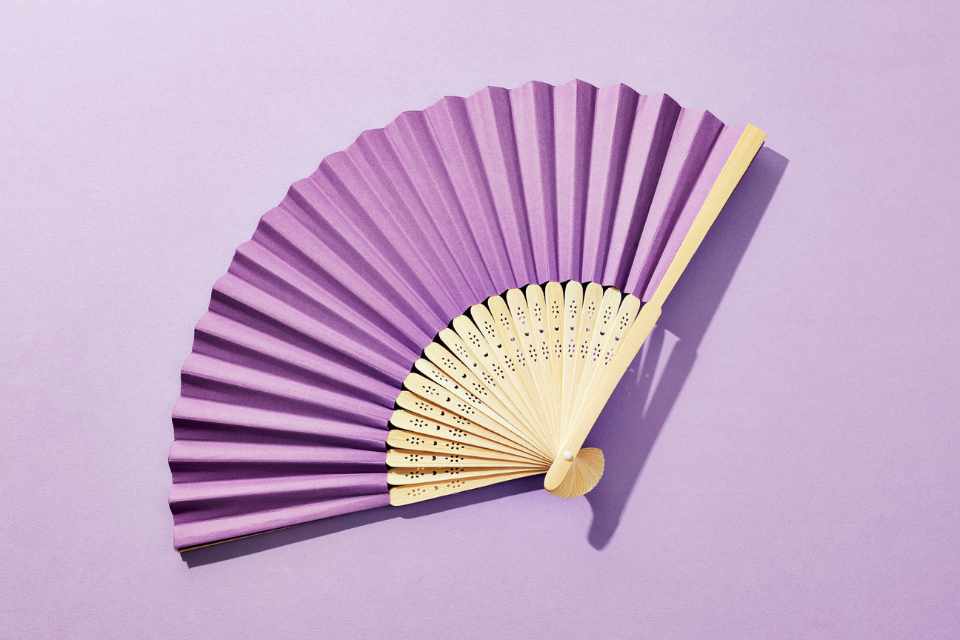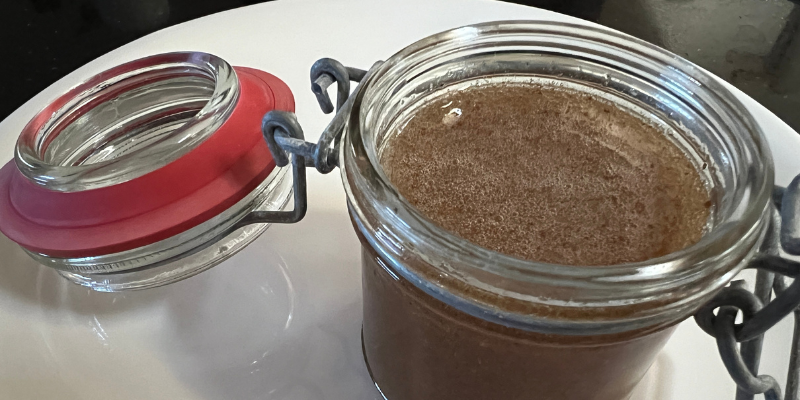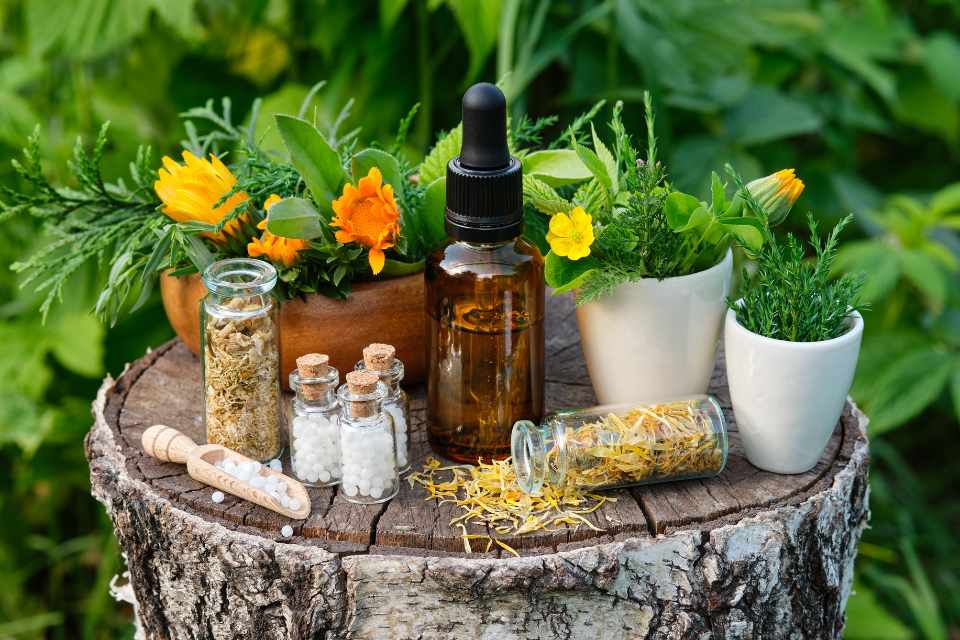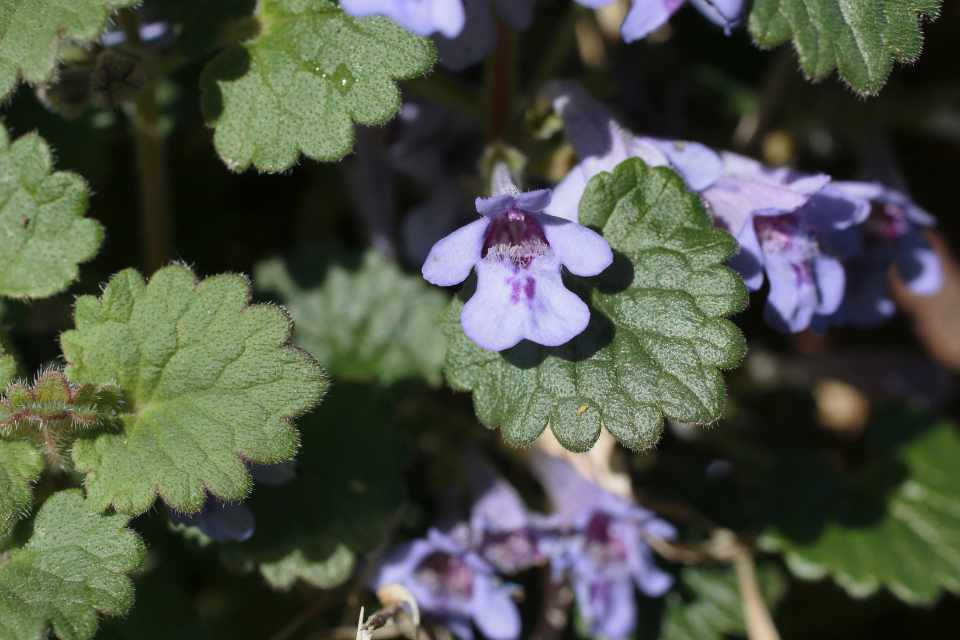Hot flashes are one of the most common problems of menopause. That periodic, sudden rush of heat and resultant drenching sweat can be most troublesome. Though many ladies turn to hormone therapy to help them through this time, there are concerns about how safe these medications are in the longer term. Which is why complementary therapies such as herbal medicines are a popular choice. A recent review of scientific studies shows that there are plenty of herbs with the ability to reduce the physical and psychological effects of menopause, including hot flashes.
The changes that occur prior to menopause, a time called perimenopause, occur in relation to a reduction in the number of ovarian follicles. This period can last for several years and usually starts in a woman’s 40s. It is a time of dramatic change in hormonal balance. Once the follicles are gone, the menses cease and menopause begins. This usually happens around the age of 50, but again there is quite a bit of variation, based on a woman’s genetics, nutrition and lifestyle factors such as smoking.
Menopausal hot flashes usually occur for one or two years but can persist for many years. The hot flashes are usually more severe during the night and women often report accompanying drenching night sweats. Changing of bedding causes further disruption, so it’s really not surprising that many women look for help to relieve these symptoms.
What’s more, hot flashes and night sweats are often accompanied by other symptoms. We might expect insomnia and fatigue. Yet some other menopausal symptoms for which women seek herbal remedies include memory problems, heart palpitations, depression and anxiety, vaginal dryness, heavy menstrual bleeding and incontinence.
Herbal medicine has traditionally been used to help relieve these symptoms of menopause. Recent research into herbal remedies provides evidence of their effects. In fact more than 300 medicinal plants with phytoestrogenic properties have been identified.
Phytoestrogens are plant oestrogens, which have a similar structure to human oestrogen and can have some oestrogenic effects in the human body. Chemically these phytoestrogen components are flavones, lignins and coumestan. In the human body they can mimic some of the functions of human oestrogen, by weakly binding to oestrogen receptors.
So, many herbs can have a weak oestrogen effect in the body. In addition, some herbal medicines can increase the conversion of testosterone to oestrogen. Together, these properties can reduce menopausal symptoms, particularly hot flashes.
The review lists some notable herbal medicines that help to control menopause symptoms. These are:
- Sage, Salvia officinalis
- Lemon balm, Melissa officinalis
- Valerian, Valerian officinalis
- Black cohosh, Cimicifuga racemosa
- Fenugreek, Trigonella foenum-graecum
- Black cumin seed, Nigella sativa
- Chaste tree berry, Vitex agnus-castus
- Fennel, Foeniculum vulgare
- Evening primrose, Oenothera biennis
- Ginkgo, Ginkgo biloba
- Alfalfa, Medicago sativa
- St. John’s wort, Hypericum perforatum
- Ginseng, Panax ginseng
- Aniseed, Pimpinella anisum
- Liquorice, Glycyrrhiza glabra
- Passion flower, Passiflora incarnata
- Red clover, Trifolium pratense
- Soya, Glycine soja
The researchers also point out some other factors that may increase the occurrence of hot flashes. Such as alcohol and caffeine use, eating spicy foods, exposure to cigarette smoke and the wearing of tight fitting clothes.
So some recommendations could be to sleep in a cooler bedroom. Wear loose fitting or layered clothing, losing the extra layers if a hot flash strikes. Try reducing or eliminating alcohol and caffeine. And, where possible avoid exposure to cigarette smoke.
You might also like:
Why it’s best to talk to a professional herbalist about your menopause








0 Comments